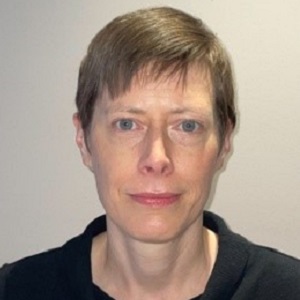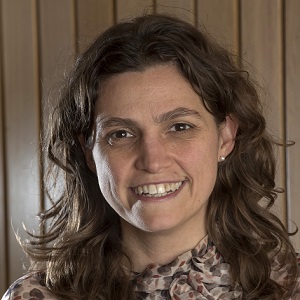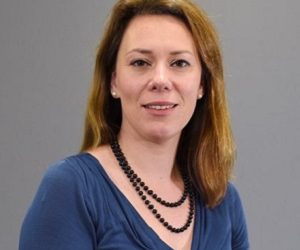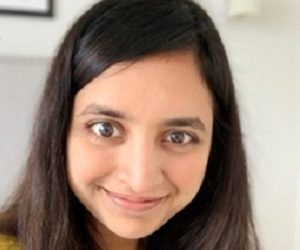I have worked for a little over 20 years as a children’s speech and language therapist, currently within NHS Lothian. My role is split into two parts. I am clinical lead for language and literacy service development across Lothian and I also work as within a community team in north Edinburgh. My clinical interests include developmental language disorder and literacy difficulties. My clinical work is much broader, including children from around 18 months to 16 years with a range of speech, language and communication needs (SLCN) including language disorder, speech sound disorder, autism spectrum and social communication difficulties and fluency disorders. I especially enjoy working with older children and their families, exploring support strategies and finding innovative ways to support underlying language and communication difficulties.
How did you become interested in learning difficulties?
My job involves the assessment and diagnosis of speech, language and communication difficulties. This process is systematic and analytical, but also involves making a connection and drawing the best out of children, young people and their families. I can’t help but be interested in the different ways that children learn and cope and adapt and how those around them can support and enable them.
Can you give us an overview of your work?
My work is always busy and varied. In my community role I meet families and children when there are worries about their communication development. I am trained to listen, observe, play and also sometimes use more formal assessment tools and methods to explore a child’s strengths and difficulties and then if necessary to make a plan with them and their family to help them by reducing the level of impairment, or by making adaptations to improve function and wellbeing. In my clinical lead role I keep up to date with research and best practice and disseminate this within my teams and to stakeholders within and beyond NHS Lothian. In recent years the focus has been on Developmental Language Disorder (DLD), a common but often overlooked neurodevelopmental disorder of speech, language and communication. I have been working with colleagues to build capacity within our teams and to raise awareness of DLD amongst health and education colleagues and families.
What are your most recent and exciting results?
Our team now offer training to schools across Lothian to help them recognise DLD and support children with DLD and other language difficulties within an inclusive classroom approach. Parents in Lothian can access online groups to learn more about language difficulties and DLD and how they can better understand and support their child at their age and stage. I am about to pilot a primary to secondary transition group to children with SLCN in conjunction with Queen Margaret University.
What do you think are the main challenges in this research field?
DLD does not have the profile of other neurodevelopmental disorders such as ASD or ADHD, yet is highly prevalent and has consequences across the life span. Research suggest that children with DLD can make significant progress supported by environmental adaptations and a combination of targeted and sometimes also more specialist and individualised support.
What are the most pressing research priorities?
As summarised in a recent editorial for the Journal of Child Psychology and Psychiatry (JCPP) a priority setting partnership concluded in 2019 identified a list of the top 10 research priorities with involvement from all principal stakeholders. Many of these priorities seek better evidence for supports and interventions for people with DLD in terms of their language development, social skills and also wider outcomes such as quality of life, social inclusion and mental health. Many priorities acknowledge the key role of teachers as well as specialists such as SLTs.




